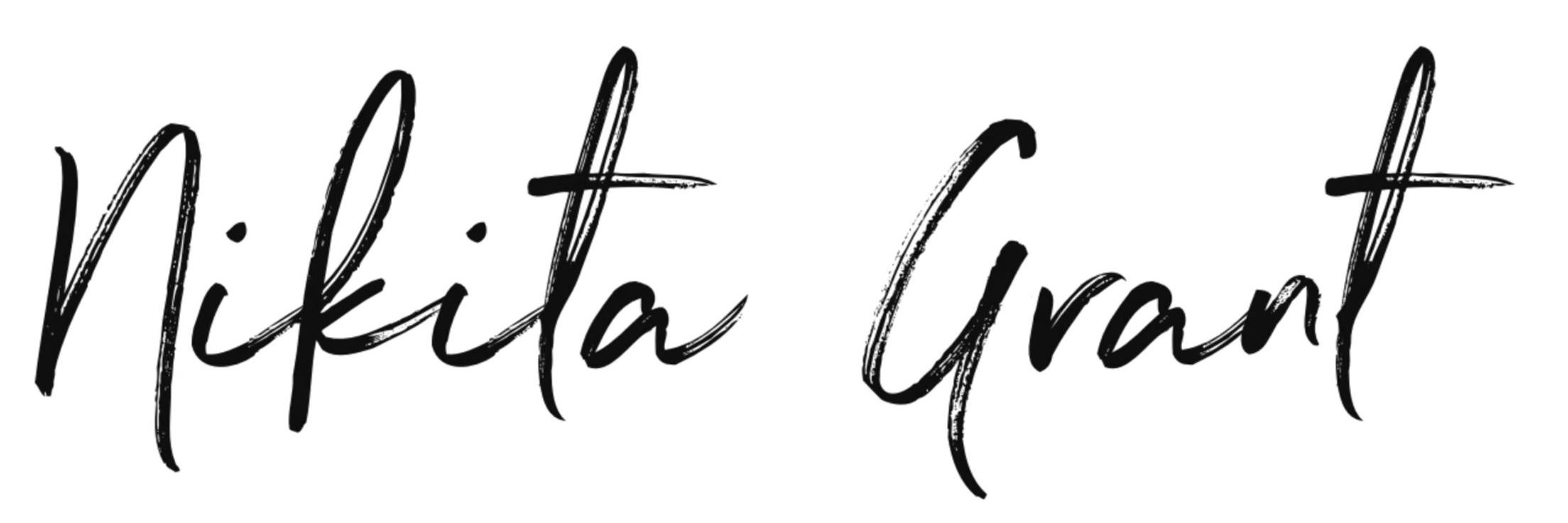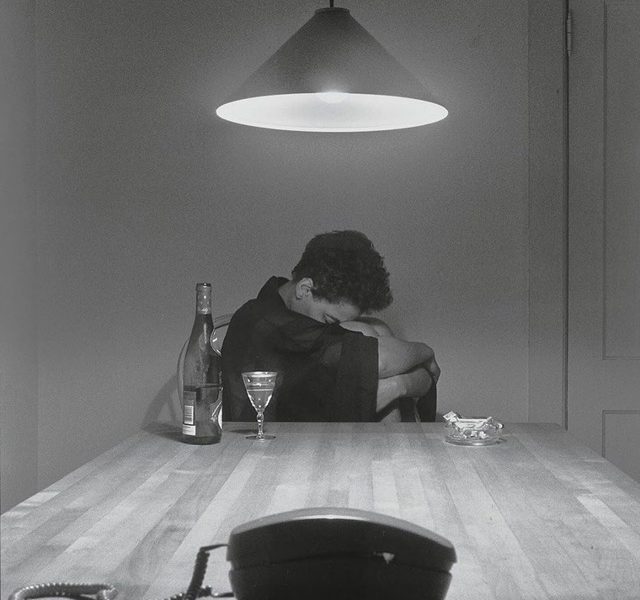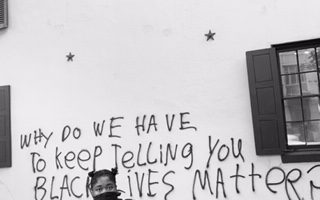It’s been two weeks since the murder of George Floyd sparked outrage throughout the United States and the world. Since then, there have been countless protests, donations, and an outpour of support for black people and the Black Lives Matter movement. Black people all over the world have been on the frontlines, working tirelessly to make a change any way they can—whether it be through protesting, donating, or sharing valuable information. It’s beautiful to watch people from all walks of life come together to support this movement, but these recent events are directly affecting black people. While the work is necessary, it can also take a toll on the individuals involved. Needless to say, black people, are mentally fed up.
As racism and racial differences continue to plague the United States and the world, the mental well-being of black people continues to suffer. We are witnessing it this very moment. Along with the threat of COVID-19, black people are dealing with overwhelming grief, anger, and frustration with the world’s overt disregard for our lives. As the National Alliance on Mental Illness stated, “Racism is a public health crisis.”
What many black people don’t realize is that our history (or at least the black history taught to us in school) is warped in racial trauma. Every generation of black people has had to deal with some form of racial trauma– from slavery to Jim Crow, to the crack epidemic, to police brutality. We have become so used to fighting for our lives that many of us don’t know how to take a break from it. In fact, according to the Health and Human Services Office of Minority Health, black people are 20% more likely to experience serious mental health problems than the general population. If you feel like the recent incidents of police brutality and racism are taking a toll on your mental health, here are some tools that may help.
Take A Break: Social media has become a double-edged sword for most black people. While social media allows us to stay informed and connected during this time, the images of brutalized black bodies shared on these sites can be triggering. Over these past few weeks, I have been stuck between wanting to stay informed through social media and not wanting to see the videos and stories of black people being killed. For me, being on social media started to feel like a full-time job. Thirty minutes of scrolling made me mentally exhausted, angry, and emotional. Finding the balance between staying informed and information overload has been key for me. Some days, I delete all social media apps. Taking a break to analyze my emotions has created a healthier headspace for when I decide to receive new information.
Mental Health Checks: One thing I have been practicing over the past couple of weeks is checking in on my loved ones. We, as people, often try to trick ourselves into thinking we have to fight our demons by ourselves. But, now more than ever, I want black people to understand that you are not alone. A simple “Hey, just checking in—how are you?” can open up a meaningful and healing conversation. You don’t have to do this every day, but a few times a week can be very helpful in the healing process.
Seek Help: There are many reasons why Black people do not seek out help for their mental health. In a study by Mental Health America, it shows black people are less likely to seek help due to stigma, lack of affordable care, real or perceived bias from mental health professionals who are mostly white, and other reasons. Finding a therapist can be difficult, but there are resources out there that can help. Therapy for Black Girls is a directory that can help you to find a black therapist in your area. Black Therapy Love is also a great resource. It is an app that connects you to black therapists and counselors in your area. Since many areas throughout the United States are still on lockdown, many therapists are offering teletherapy sessions in place of face-to-face sessions.
In addition to this, I suggest journaling, meditating, or finding a creative outlet to let out your emotions. The only way we can give 100% to this movement is if we are taking care of ourselves in all aspects, including mentally. I encourage everyone reading this to take a pause, even if it’s just for a couple of hours. Your mental health is just as important as your physical health.
You’re not alone. We got this.
Photo: ‘The Kitchen Table Series’ by Carrie Mae Weems, 1990









